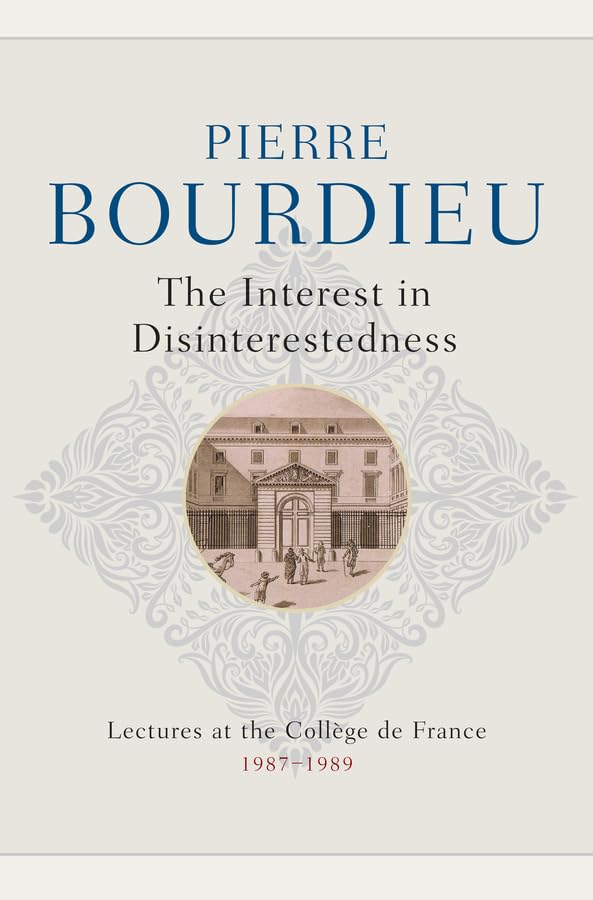
Categorii: Necatalogate, Neclasificate
Limba: Engleza
Data publicării: 2024
Editura: Polity Press
Tip copertă: Hardcover
Nr Pag: 330

A key feature of those who work for the state, in the legal system and in public services is that they claim to be putting their own personal interests aside and working in a disinterested fashion, for the public good. But is disinterested behaviour possible? Can law be treated as a set of universal rules that are independent of particular interests, or is this mere ideology? Is the state bureaucracy a universal class, as Hegel thought, or a structure that serves the interests of the dominant class, as Marx claimed?
In his lecture courses at the Collège de France in 1987-88 and 1988-89, Pierre Bourdieu addressed these questions by examining the formation of the legal and bureaucratic fields characteristic of the modern state, uncovering the historical and social conditions that enable a social group to form and find its own interests in the very fact of serving interests that go beyond it. For a disinterested universe to emerge, it needs both the invention of a public service, or a spirit of service to the public cause, and the creation of a social universe in which individuals can pursue a career devoted to public service and be rewarded for it. In other words, it requires a process of autonomization through which special fields are constituted in the social cosmos within which a special kind of game that follows the rules of disinterest can be played out.
By reconstructing the conditions under which an interest in disinterestedness emerged, Bourdieu sheds new light on the formation of the modern state and legal system and provides a fresh perspective on the many professions in modern societies that are oriented towards the service of the common good.